The Canadian military recently announced plans to purchase $43 million of a type of Israeli-made missile that has been flagged by human rights groups over its use in Israel’s past and present bombing campaigns on the Gaza Strip.
Anti-war activists in Canada warn that the procurement also directly helps to fund Israel’s war industry, which in turn equips the Israeli military in its ongoing war on Gaza.
The missile purchase was announced back in December. Defence Minister Bill Blair said his ministry planned to buy anti-tank missiles for Canadian Armed Forces (CAF) troops stationed in Latvia as part of Canada’s NATO mission in that country.
Defense News confirmed earlier this month that the missile system of choice would be the Spike LR2, manufactured and sold by Israeli state-owned arms dealer Rafael Advanced Defense Systems.
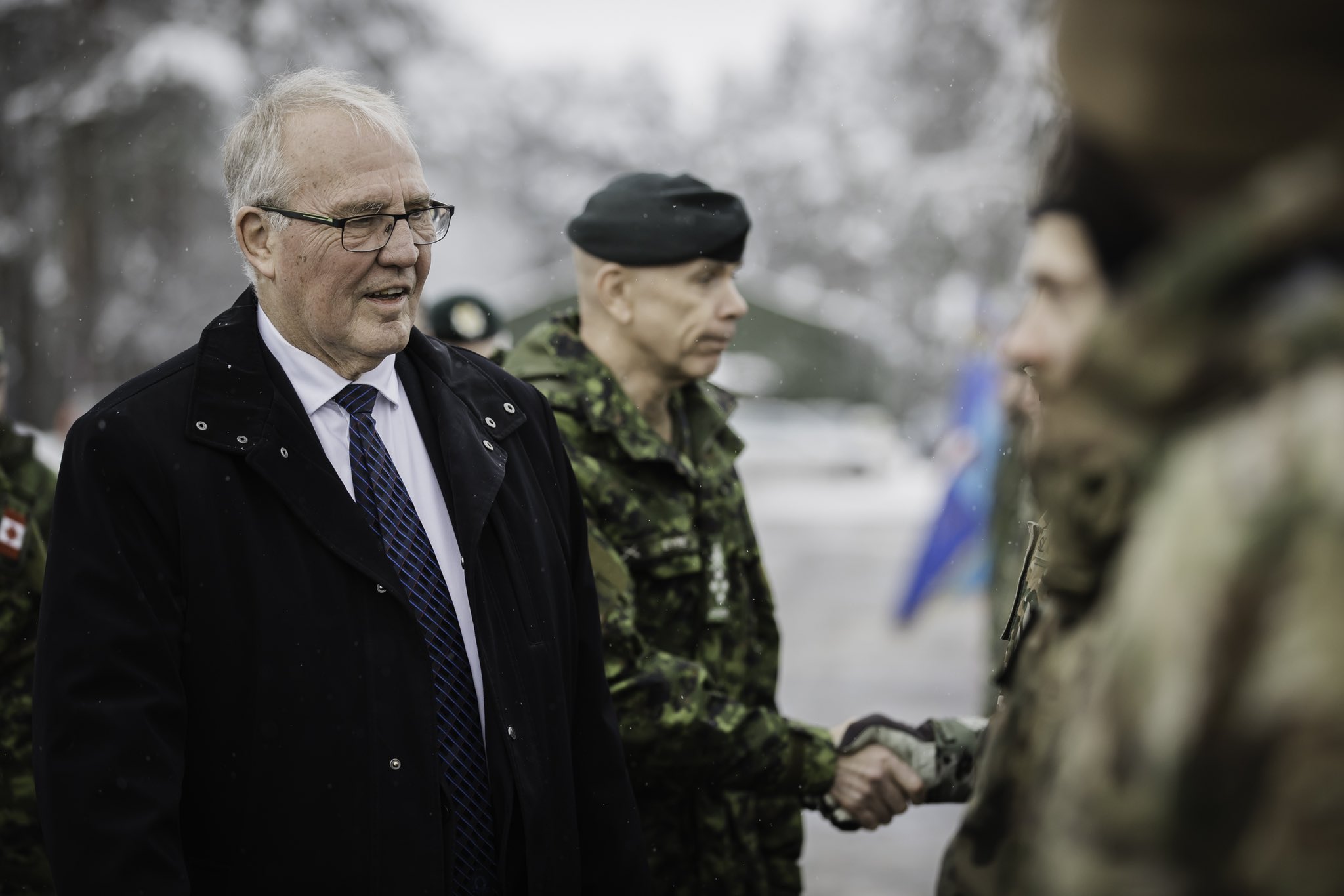
Spike missiles are a multi-purpose “fire and forget” guided munition that can be man-launched or adapted to be fired from vehicles. In its brochure for the LR2, Rafael boasts that the weapon is capable of breaching “up to 20cm of reinforced concrete,” and can cause “immense and lethal damage to structural targets, vehicles and marine vessels.”
One if the missile’s key selling points, Rafael assures prospective customers, is its “high hit/kill probability.”
Back in 2009, Human Rights Watch (HRW) found evidence that Spike missiles had been fired from Israeli drones during Operation Cast Lead, a three-week long attack on the Gaza Strip that killed 1,400 Palestinians, including 300 children.
HRW investigators noted that Spike missiles spread tiny cubic fragments up to 20 meters away from their blast sites. “Some of the wounded civilians [in Gaza in 2009] showed impact marks from the cubic fragments, and in one case x-rays showed metal cubes lodged in the leg and chest of a victim,” HRW reported.
In 2014, HRW reported that on August 3 of that year, “an apparent Israeli Spike guided missile hit directly outside a UN-run boys’ school in Rafah, killing 12 people, including 8 children, and wounding at least 25. About 3,000 people were taking shelter in the school at the time.”
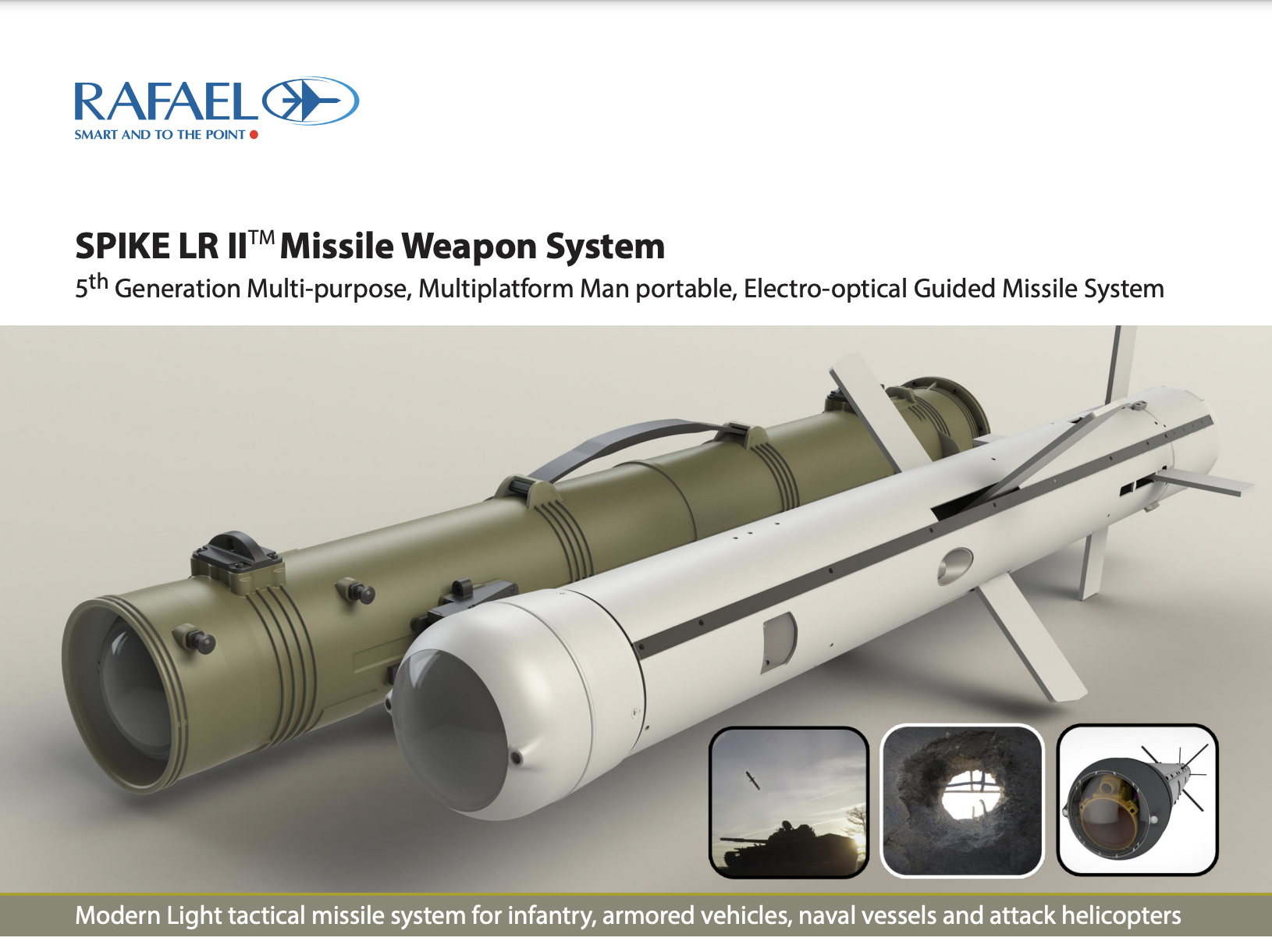
“Witnesses told Human Rights Watch that many civilians, including children, were near the school’s front gate buying sweets when the missile struck directly across the street, about 10 meters away,” the report continued. The Israeli military claimed the attack targeted “three Islamic Jihad members.”
In 2021, Israeli warships struck Gaza with what witnesses said appeared to be “navalized” versions of the Spike missile.
Two months into Israel’s latest war on Gaza, which since last October has killed more than 30,000 Palestinians, the Jerusalem Post boasted that Israel was using high-tech munitions belonging to Rafael’s Spike missile “family” to pound the besieged enclave.

Rafael is wholly owned by the state of Israel and plays a crucial role in supplying the Israeli military.
On its website, the company boasts that its products have “years of combat-proven experience,” and that it receives $4.7 billion U.S. in annual orders. The company and other Israeli arms dealers have been accused by human rights advocates of testing their products on Palestinians before marketing the deadly goods to global buyers.
As reported by Al Jazeera, drones that carry Spike missiles became highly sought after by international buyers following a string of gruesome attacks carried out by Israel on Gaza in 2014.
Crucially, experts told Al Jazeera, Israel also sells weapons to international buyers in part as an “insurance policy” to shield it from criticism over its use of such weapons in attacks on Palestinian civilians.
For human rights and anti-war activists in Canada, CAF’s announcement of plans to purchase Spike missiles renews the urgency of imposing a two-way embargo on all military trade with Israel.
Michael Bueckert, vice president of Canadians for Justice and Peace in the Middle East, said the latest deal reinforces the need for a complete embargo on all military trade with Israel, including imports.
“This is something that we have been pushing the government on, to ban imports of military goods and implement procurement processes to make sure that Canada doesn’t buy technology that has been tested on Palestinians,” Bueckert told The Maple.
The procurement from Rafael is just Canada’s latest purchase of Israeli military goods. Bueckert noted that in 2020, Canada selected Israeli arms dealer Elbit Systems for a $36-million contract to procure the company’s Hermes aerial drone for surveillance patrols in the Arctic.
Despite Canada’s stated plan to use a “civilian” version of the Hermes, Israel has used a military version of the same drone in past attacks on Gaza, including to launch Spike missiles.
According to the Al Mezan Center for Human Rights, 37 per cent of all Palestinian fatalities in Israel’s 2014 attack on Gaza were caused by drone strikes.
“Canada simply isn’t incorporating any assessment of risks to human rights when it is purchasing military technology, even less so than in the case of arms exports, which at least have sort of a veneer of arms control and regulation,” said Bueckert.
“Canada obviously should not be funding the various industries that are complicit in genocide in Gaza as we speak.”
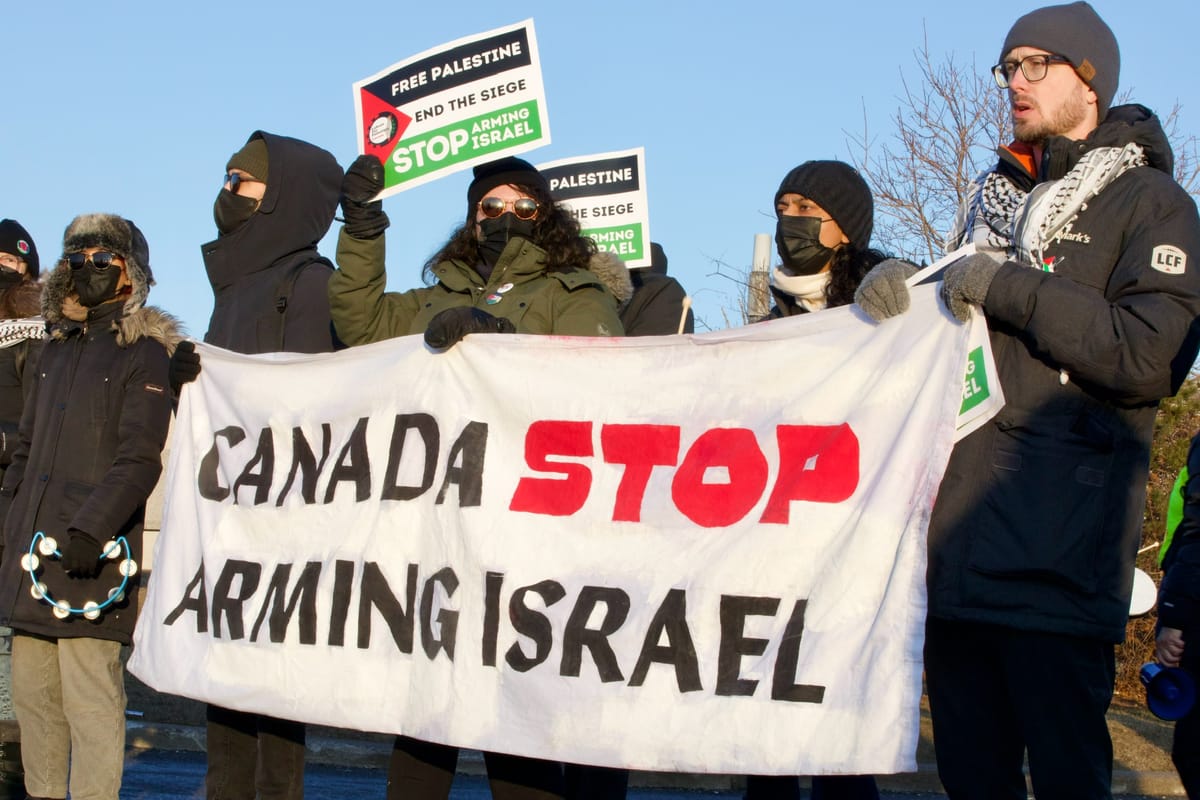
Rachel Small, an organizer with World Beyond War Canada (WBW), stressed that Canada’s procurement of Rafael’s missiles would directly fund Israel’s war industry, and in turn, Israel’s brutal war on Gaza.
“If we’re serious about ending the military violence in Gaza, in Palestine, we need to stop both the military imports from Israel, as well as the exports to Israel,” she told The Maple.
“Israeli government documents and speeches and presentations have been very clear in presenting Israeli arms industry sales as the key way they will pay for their war, for their military violence in Gaza. It is not an incidental part of their war effort or their economy.”
Small said that Canada is Israel’s sixth-largest military trading partner in the world, and noted that Rafael is one of Israel’s “big three” arms companies.
Rafael-produced products — including drones and protection systems for armoured vehicles — are explicitly marketed to international buyers as being designed to increase the “lethality” of military hardware.
“This is a company whose entire marketing strategy relies on demonstrating how lethal their weapons have been in Gaza,” Small said.
“The Israeli military is currently using Rafael’s Spike missiles to target people inside buildings in the Gaza Strip right now. The same weapons that Canada is buying are being advertised as ‘battle tested’ against Palestinians.”
“For Canada to be choosing to purchase these weapons from Rafael is a direct endorsement and a direct financial support to the Israeli military’s devastation and carnage in Gaza,” Small added.
Last month, Small said, WBW and other anti-war activists blockaded the Safran Electronics facility in Peterborough, Ontario because of an agreement the company has with Rafael.
In September 2021, Safran announced that it had signed a memorandum of understanding with Rafael to integrate its “MOSKITO TI” target locators with Rafael’s Fire Weaver “sensor-to-shooter system.”
In addition to buying Israeli military goods, Canada has authorized at least $28.5 million in export permits for military goods to Israel since the state began its brutal war on Gaza after October 7.
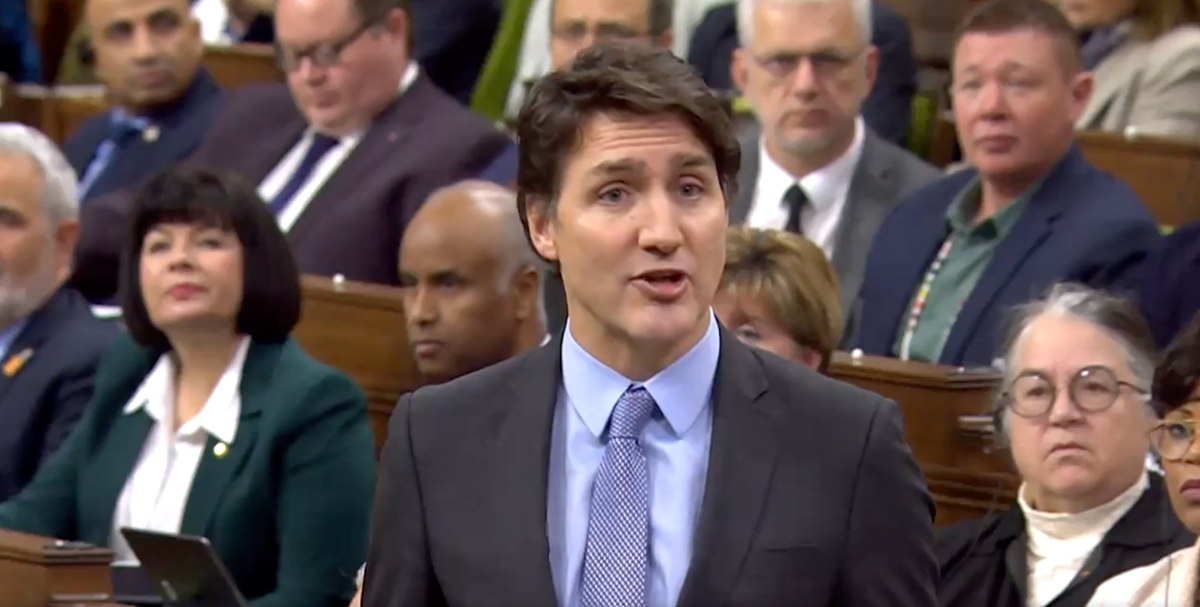
WBW and other groups have noted that Canada imposed a two-way arms embargo on Israel back in 1987 during the First Intifada under the government of the late Brian Mulroney.
“The idea of a two-way arms embargo on Israel is not at all a novel or radical idea,” said Small.
Other countries have recently imposed such embargoes on Israel over its war on Gaza. Last week, Colombian President Gustavo Petro announced that his country was suspending purchases of arms from Israel, condemning Israel’s war on Gaza as a genocide.
The move could have indirect implications for Canadian military exports to Colombia.
In June 2023, the Canadian crown corporation responsible for assisting Canadian arms companies in securing contracts with foreign governments announced that General Dynamics Land Systems - Canada (GDLS) would sell $418 million of light-armoured vehicles (LAVs) to Colombia’s defence ministry.
According to Project Ploughshares, the LAVs were to be armed with Rafael-made remote controlled weapons stations.
CAF’s planned purchase of the Israeli missiles was part of a larger $316 million procurement of equipment for Canada’s NATO mission in Latvia.
A spokesperson for the Department of National Defence told Defense News that CAF expects to achieve initial operating capability for the missiles by “mid-2024.”
Alex Cosh is the news editor of The Maple.


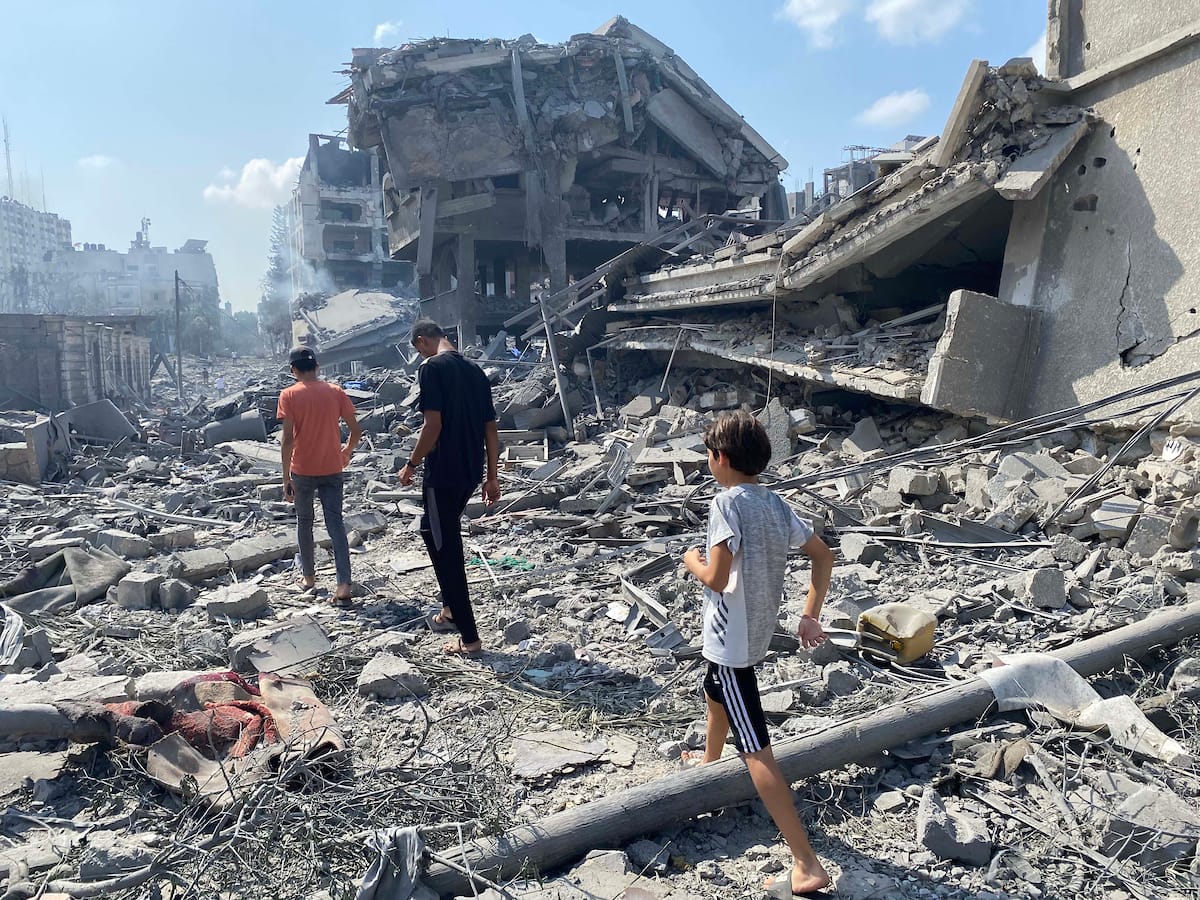

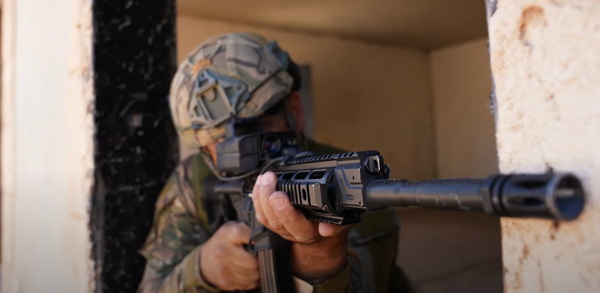
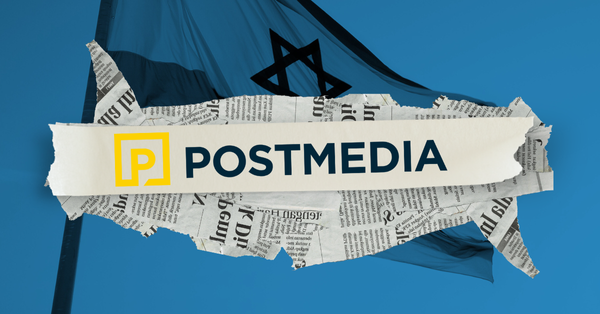
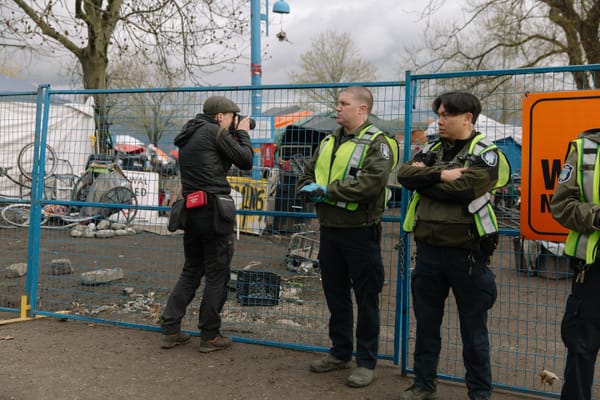
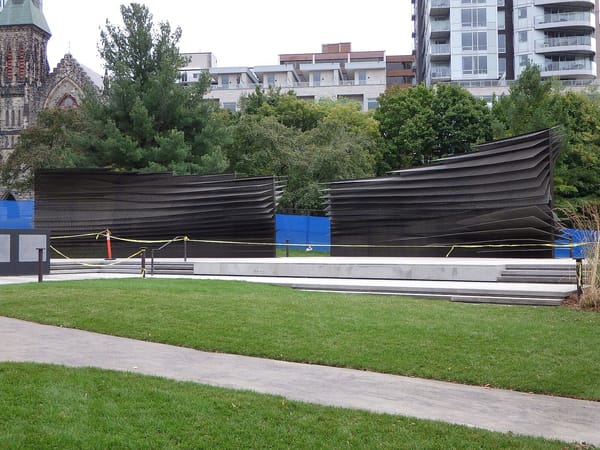

Member discussion